A Guide to Home Décor Learning Centers: Unveiling the Art and Science of Interior Design
Related Articles: A Guide to Home Décor Learning Centers: Unveiling the Art and Science of Interior Design
Introduction
With enthusiasm, let’s navigate through the intriguing topic related to A Guide to Home Décor Learning Centers: Unveiling the Art and Science of Interior Design. Let’s weave interesting information and offer fresh perspectives to the readers.
Table of Content
A Guide to Home Décor Learning Centers: Unveiling the Art and Science of Interior Design
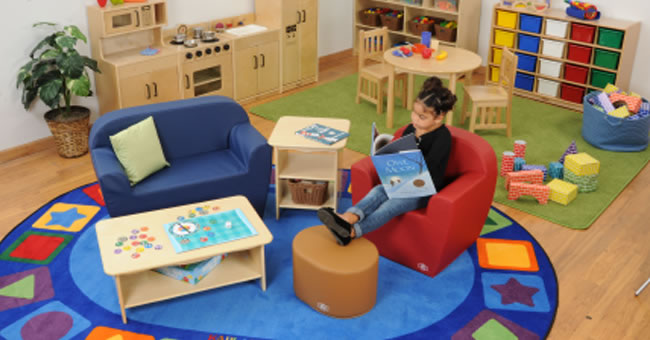
In an era where personal spaces are increasingly valued as havens of comfort and style, the demand for knowledge and skills in home décor has surged. This has led to the emergence of home décor learning centers, institutions dedicated to providing comprehensive training and guidance in the art and science of interior design. These centers serve as invaluable resources for aspiring designers, homeowners seeking to elevate their spaces, and anyone with a passion for transforming their surroundings.
The Evolution of Home Décor Learning Centers
The concept of learning centers dedicated to home décor is a relatively recent phenomenon, driven by the growing interest in personalized design and the accessibility of online learning platforms. Traditional design schools, often focusing on architectural and commercial projects, have broadened their scope to encompass residential design. Simultaneously, specialized home décor learning centers have emerged, catering specifically to individuals seeking practical knowledge and skills for their own homes.
These centers offer a diverse range of learning formats, including:
- In-person workshops and classes: These provide hands-on experiences with design principles, color theory, furniture selection, and styling techniques.
- Online courses and tutorials: Accessible from anywhere, these offer flexibility and a curated library of resources, including video lessons, interactive exercises, and downloadable guides.
- Mentorship programs: These provide personalized guidance and feedback from experienced designers, fostering individual growth and skill development.
- Community forums and events: These platforms connect learners with peers, industry experts, and potential collaborators, fostering a supportive learning environment.
The Benefits of Home Décor Learning Centers
Home décor learning centers offer numerous benefits, empowering individuals to create personalized and functional spaces that reflect their unique style and needs.
- Enhanced Design Skills: Learning centers provide structured training in design principles, color theory, space planning, and furniture selection. This knowledge equips individuals with the tools to create visually appealing and functional spaces.
- Confidence in Decision-Making: Through guided learning and practical exercises, individuals gain confidence in making informed design choices, from selecting paint colors and furniture to arranging accessories and incorporating personal touches.
- Cost-Effective Design Solutions: Understanding design principles and techniques enables individuals to make informed decisions about their budget, avoiding unnecessary expenses and maximizing the impact of their investments.
- Personalized and Functional Spaces: Learning centers emphasize the importance of individual needs and preferences, helping individuals create spaces that are both aesthetically pleasing and functionally suited to their lifestyles.
- Community and Connection: Learning centers often foster a sense of community among learners, providing opportunities for networking, collaboration, and sharing design ideas.
Curriculum and Content Offered at Home Décor Learning Centers
The curriculum at home décor learning centers varies depending on the institution and its focus, but common areas of study include:
- Design Principles: Understanding the fundamentals of balance, harmony, contrast, rhythm, and emphasis, essential for creating visually pleasing and cohesive spaces.
- Color Theory: Learning about color palettes, color psychology, and the effective use of color to create mood and atmosphere.
- Space Planning: Optimizing the use of space, maximizing functionality, and creating a flow that enhances the overall experience.
- Furniture Selection: Understanding furniture styles, materials, and functionality, choosing pieces that complement the overall design and meet individual needs.
- Lighting Design: Exploring the role of lighting in creating ambiance, highlighting features, and influencing the mood of a space.
- Styling and Accessories: Mastering the art of accessorizing, incorporating personal touches, and creating a cohesive and inviting atmosphere.
- Sustainable Design Practices: Learning about eco-friendly materials, energy-efficient design choices, and responsible sourcing practices.
- DIY Projects and Techniques: Gaining practical skills in reupholstering furniture, painting walls, creating decorative accents, and implementing simple design solutions.
Finding the Right Home Décor Learning Center
Choosing the right home décor learning center requires careful consideration of individual needs and learning preferences. Factors to consider include:
- Program Focus: Determine the specific areas of design that interest you, whether it’s color theory, space planning, furniture selection, or a combination of these.
- Learning Format: Consider your preferred learning style, whether it’s in-person workshops, online courses, or a combination of both.
- Instructor Expertise: Research the instructors’ credentials and experience in the field of interior design.
- Cost and Flexibility: Compare program fees and schedules to find an option that fits your budget and lifestyle.
- Community and Support: Assess the learning environment and the availability of resources, such as mentorship programs, community forums, and alumni networks.
FAQs Regarding Home Décor Learning Centers
Q: What is the typical duration of a home décor learning program?
A: The duration of programs varies depending on the format and depth of the curriculum. Short workshops may last a few hours or a day, while comprehensive online courses could extend over several weeks or months.
Q: Do I need any prior design experience to enroll in a home décor learning center?
A: Most home décor learning centers welcome individuals with varying levels of experience, from beginners to those with some design knowledge. Many programs offer introductory courses for those starting their design journey.
Q: What are the typical costs associated with home décor learning centers?
A: Costs vary depending on the program format, duration, and institution. Short workshops may cost a few hundred dollars, while comprehensive online courses or in-person programs could range from several hundred to several thousand dollars.
Q: Are there any scholarships or financial aid options available for home décor learning programs?
A: Some institutions may offer scholarships or financial aid opportunities for eligible students. It is recommended to inquire about these options directly with the learning center.
Q: What are the career opportunities available after completing a home décor learning program?
A: Completing a home décor learning program can open doors to various career paths, including:
- Interior Designer: Working with clients to create personalized design plans for their homes.
- Home Stager: Preparing homes for sale by creating visually appealing spaces that attract potential buyers.
- Freelance Designer: Offering design services on a project basis, working with clients on specific design tasks.
- Home Décor Blogger or Influencer: Sharing design tips, trends, and inspiration through online platforms.
- Retail Sales Associate: Providing expert advice and guidance to customers in home décor stores.
Tips for Success at Home Décor Learning Centers
- Set Clear Goals: Define your learning objectives and what you hope to achieve through the program.
- Engage Actively: Participate in discussions, ask questions, and apply the concepts learned in practical exercises.
- Seek Feedback: Request constructive criticism from instructors and peers to identify areas for improvement.
- Network with Peers: Connect with fellow learners, exchange ideas, and build relationships that can benefit your design career.
- Apply Your Learning: Implement the knowledge and skills gained in your own home or through personal projects to solidify your understanding.
Conclusion
Home décor learning centers offer a valuable platform for individuals seeking to enhance their design skills, create personalized and functional spaces, and explore career opportunities in the field of interior design. By providing structured training, practical experience, and a supportive learning environment, these centers empower individuals to transform their homes and discover their own creative potential. Whether you’re an aspiring designer, a homeowner seeking to elevate your space, or simply passionate about creating a beautiful and welcoming environment, home décor learning centers offer a rewarding and enriching learning experience.
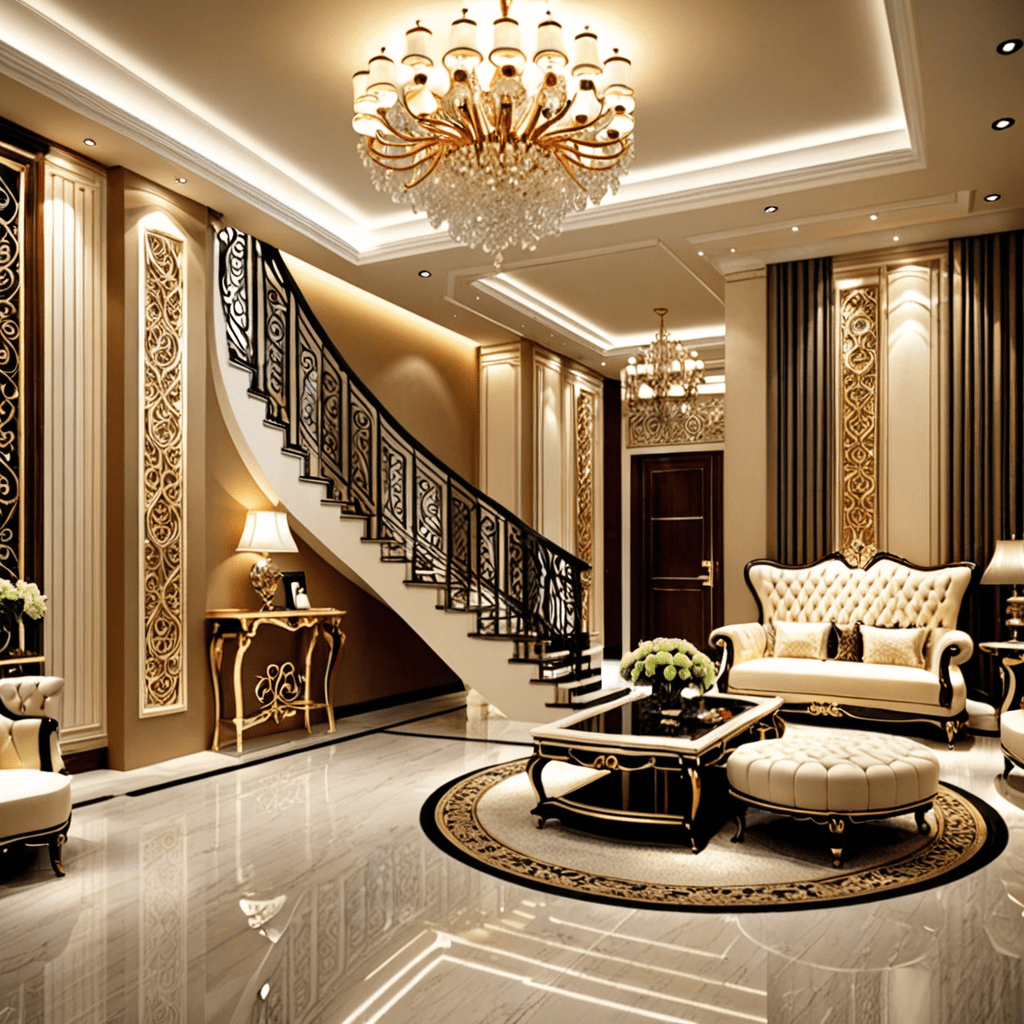
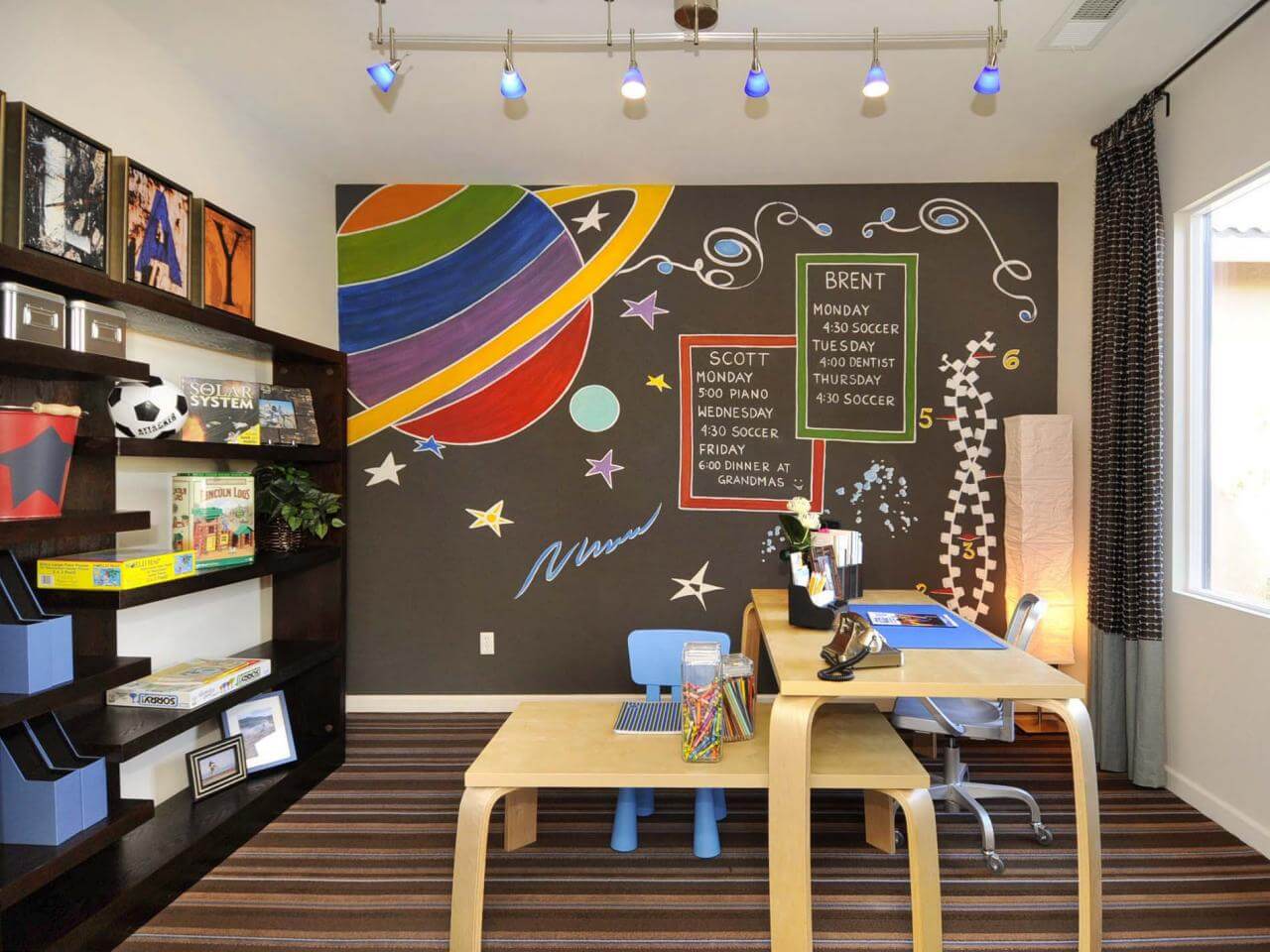
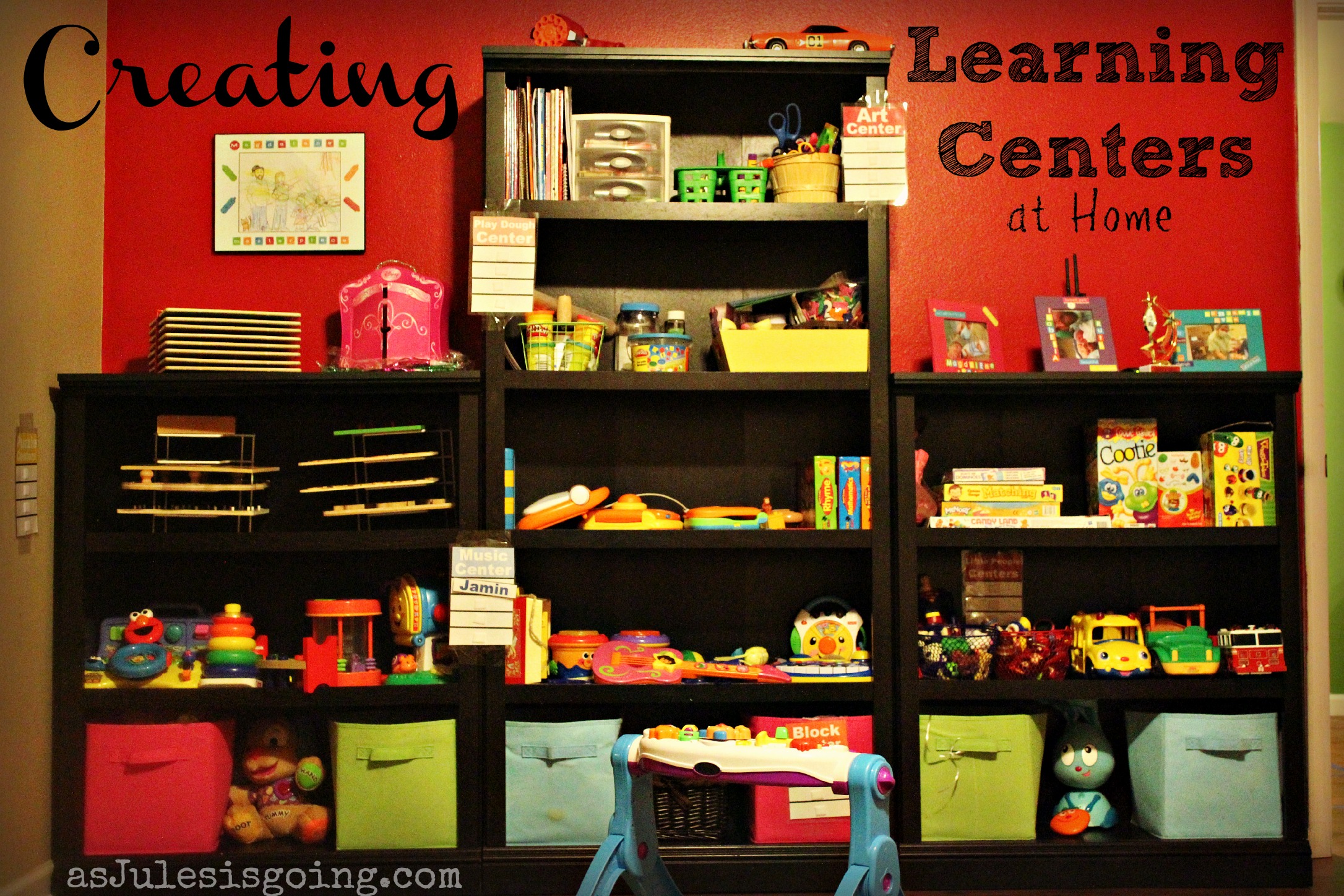

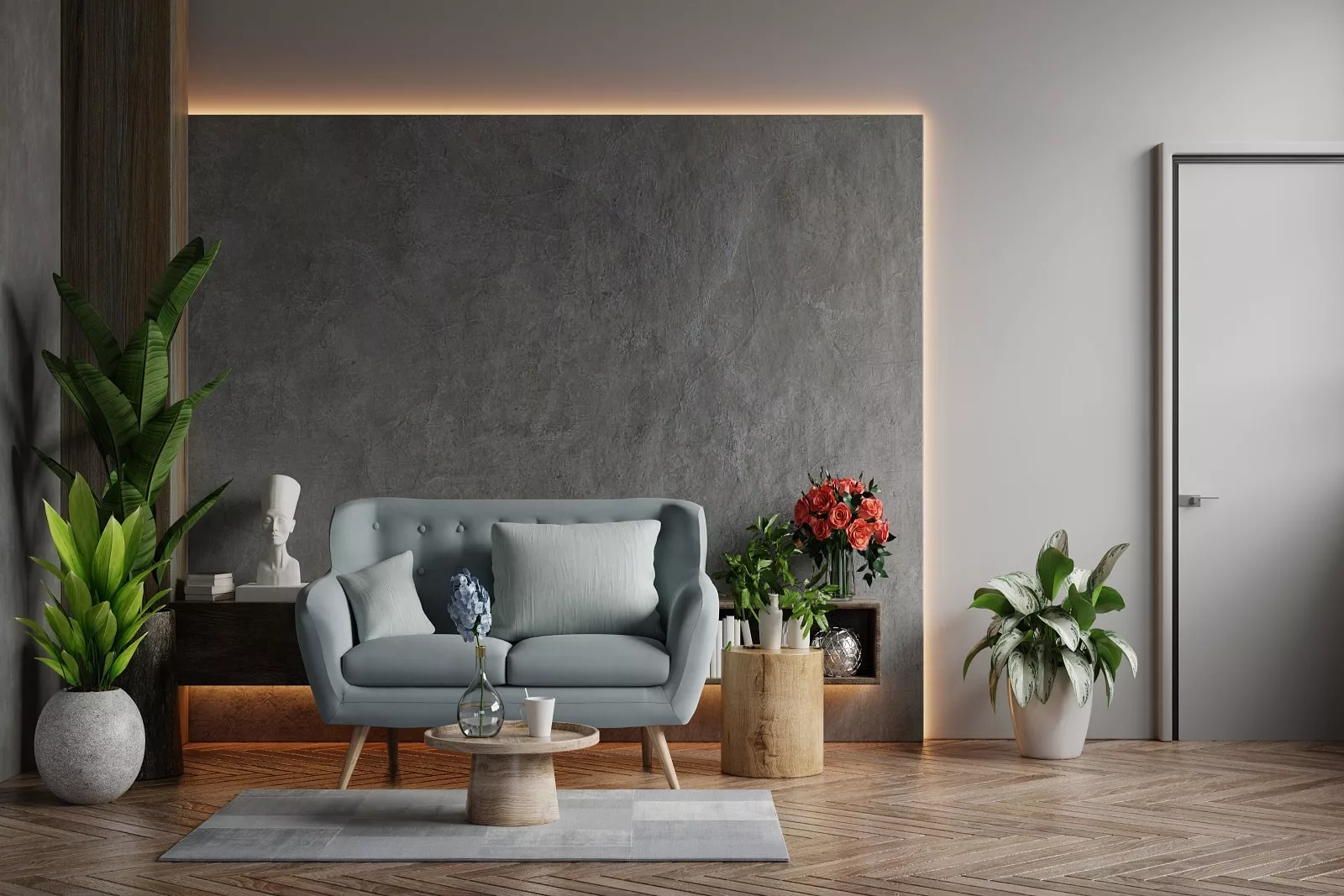



Closure
Thus, we hope this article has provided valuable insights into A Guide to Home Décor Learning Centers: Unveiling the Art and Science of Interior Design. We hope you find this article informative and beneficial. See you in our next article!